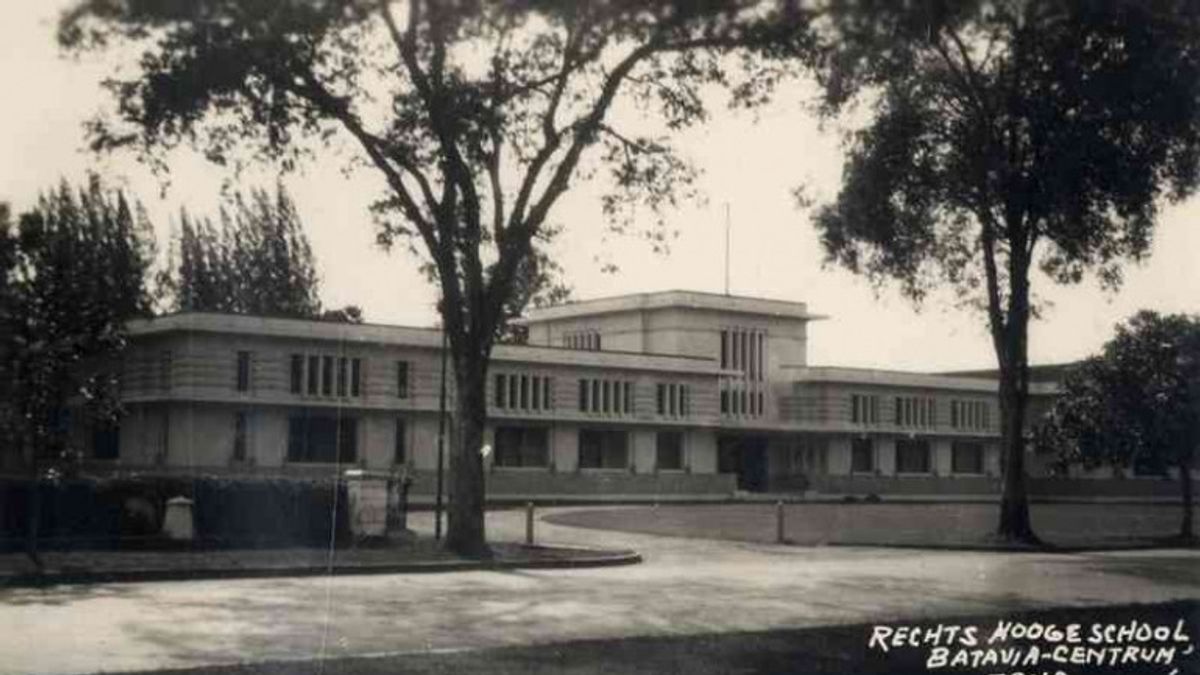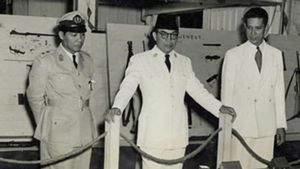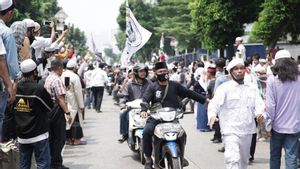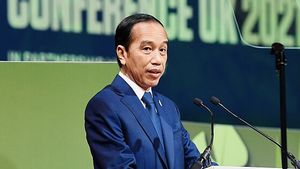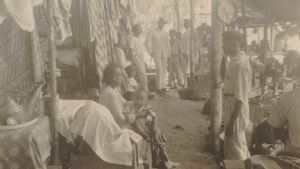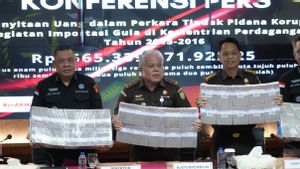JAKARTA History today, 114 years ago, July 26, 1909, the colonial government of the Dutch East Indies opened the Batavia High School of Law, Rechtshoogeschool (RHS). The opening of the first law school in the archipelago was carried out directly by the Governor General of the Dutch East Indies, Joannes Benedict van Heutsz.
Previously, the presence of the Etis Political Policy was greeted with great fanfare by the Bumiputras. Because, for the first time the Dutch took more attention to the bumiputras. School building affairs, especially.
Education was once an expensive item in the Dutch colonial phase. The owner of power did not want the native people to be touched by much education. The Dutch colonialists said that giving education to the natives was the same as creating themselves.
The Dutch believe the intelligence will make the natives unite to interfere with the colonial power. The narrative continues to be sung by the Dutch. They never stopped diverting the minds of the natives by continuing to sweat. Mainly, through Tanam Paksa (1830-1877).
This recitation in fact attracted the attention of many activists, including the Dutch themselves. They saw that the power owner only focused on enriching himself. Meanwhile, the Bumiputras who are also the hosts were ignored by their standard of living.
The Dutch government was also pressed. They then smoothed out a moral responsibility. Ethical politics, his name. The policy, which started from 1901, made the Dutch care a little about the lives of the natives, including matters of education.
They began to increase schools. All of this is to make access to education for the bumiputras wider. Many people also welcome Ethical Politics with great fanfare. All because the Ethics Political Ajian is considered a significant change in the standard of living of the bumiputras, even though those who are able to go to school are still limited to priyayi.
Sometimes ethical colonial politics is often called political externalistic, namely government politics that wants to take care of the interests of the country's children without including the country's children. liberal moralists responded by calling ethical colonial politics an obligation of a nation that is advanced towards the underdeveloped.
"With other words, ethical colonial politics is the implementation of ideas contained in the science screen or the white man's burden. So the sacred task (misson screen) of Europeans is to advance the nation's civilization," explained G. Moedjanto in the book Indonesia 20th Century Volume 1 (1989).
Various levels of schools were also built in the archipelago. In fact, the Netherlands is starting to think about presenting several educational facilities equivalent to universities. The establishment of RHS, for example. The establishment of the first Law College in the archipelago was greeted with great fanfare.
SEE ALSO:
The Governor General of the Dutch East Indies, Joannes Benedict van Heutsz, was also directly involved in the opening of the RHS which is located in the Gambir area on July 26, 1909. The opening was perpetuated so that many of the Bumiputras became judges in Landraad, which is now called the District Court.
Then, unexpectedly the Dutch RHS, became the 'home' of many freedom fighters. From Iwa Kusumasumantri to Sartono.
Many big people at that time were already present, between which there was Sripukua Tuan Besar Governor General, Vice PresidentRaad van Indie (Indies Council), Raad van Indie employees, Mr. Nederburg (Director of the Department of Justice), Director of van Onderevich (Director of the Education Department), Procuror Generat (Protokol Negara), Mulia Mr. Colin (employee from the Dutch parliament), and many rechterlijk to ambtenaren (chief of justice),ambtenaar-ambtear bestuur (equivalent civil servant) Europe and Bumiputera.
"More than that, there are also several Ambtear Bumiputera. The father of a new student, who deliberately came from his residence (in fact, someone came from Madura) to attend the time he opened the school," explained Tirto Adhi Soerjo in his writing in Medan Prijaji Magazine as quoted by Muhidin M. Dahlan and Iswara N. Raditya in the book Karya-Karya Complete Tirto Adhi Soerjo (2008).
The English, Chinese, Japanese, Arabic, and French versions are automatically generated by the AI. So there may still be inaccuracies in translating, please always see Indonesian as our main language. (system supported by DigitalSiber.id)
